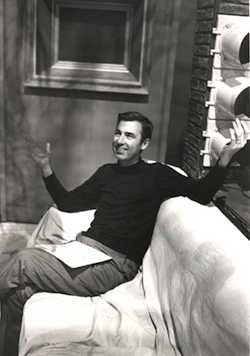OK, I think I’m ready to name my “Top 10 Albums of 2002.” Why, you may ask, am I just barely getting around to this in March 2003? Well, while I have pretty decent critical analysis skills, I’m a little slow.
When I walk out of a theater and someone asks me, “What did you think of the film?” I almost have to say, “Ask me in a week or two.” It takes me that long to reflect on the film’s bouquet, roll it around my tongue (assessing the film’s body, acidity, sweetness, fruitiness, etc), take in a little air, reflect on the finish (Was there a pleasant aftertaste? Did it still resonate after a week?), and then cleanse my palette with a mindless action flick. Only then can I come up with a, “Yeah, I sorta liked it.”
I’ve been thinking of launching a column entitled “Delayed-Reaction Film Critic” where you can read my stunning insights on films that have just left a theater near you.
Anyway, to get back to the matter at hand, here are the Top 10 Albums of 2002, by the Delayed-Reaction Music Critic:
#1. Beck: Sea Change

I’ve never been a big Beck fan. It’s not that I’ve avoided his stuff in the past, I’d just never gone out of my way to listen to it. What little I’d heard seemed rather smug and self-absorbed. It seemed like my job as a listener was to stand back and admire how hip and clever he was. I’d never heard anything that drew me in and made me feel like I was supposed to be a part of what was going on. I have now.
Beck supposedly wrote the songs on “Sea Change” in a one-week marathon song-writing session after breaking up with his long-time girlfriend. It may not be true, but I want to believe it anyway because for the past few months I feel like Beck and I have been heartbroken drinking buddies (granted, I don’t drink, but still…), swapping tales of loss and regret. After each song I’ll lift my head off my desk, nod vaguely, and mumble, “I hear you, brother. I know exactly how you feel.”
One of the most gut-wrenching songs on the album is “Guess I’m Doing Fine”:
There’s a blue bird at my window
I can’t hear the songs he sings
All the jewels in heaven
They don’t look the same to meI just wade the tides that turned
Till I learn to leave the past behindIt’s only lies that I’m living
It’s only tears that I’m crying
It’s only you that I’m losing
Guess I’m doing fine
…and a little later in the song he laments:
Press my face up to the window
To see how warm it is inside
See the things that I’ve been missing
Missing all this timeIt’s only lies that I’m living
It’s only tears that I’m crying
It’s only you that I’m losing
Guess I’m doing fine
I hear you, brother. I know exactly how you feel.
Some long-time Beck fans have complained that they can’t even make it through “Sea Change,” but by moving from the self-referential to the self-revelatory he’s won me over completely. Or maybe it’s just that misery loves company.
Best Songs On The Album:
- Guess I’m Doing Fine
- Nothing I Haven’t Seen
- Side of the Road
#2. Bright Eyes: Lifted or The Story Is in the Soil, Keep Your Ear to the Ground
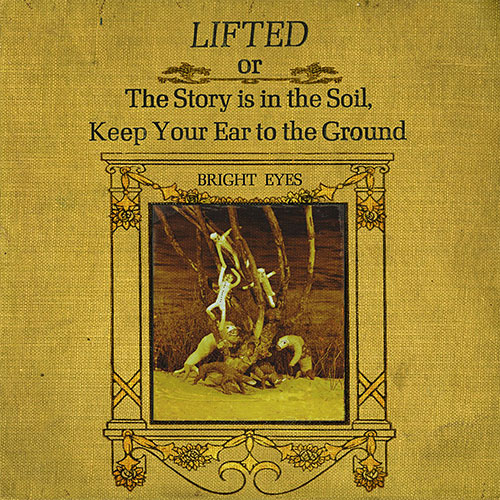
This is the fourth album from Conor Oberst, a 22-year-old snot-nosed genius-punk from Omaha, Nebraska, and it is a big, sloppy, rambling mess. The music careens all over the place, the lyrics veer from the simplistic to the overripe in a matter of measures, and the whole production is so pretentious that you sometimes just want to reach through the speakers and slap the boy silly.
Trouble is, I can’t stop listening to the big, sloppy, rambling mess. And every time I listen to the big, sloppy, rambling mess, I find something else to love.
Best Songs On The Album:
- Lover I Don’t Have To Love
- False Advertising
- You Will. You? Will. You? Will. You? Will.
#3. Kris Delmhorst: Five Stories
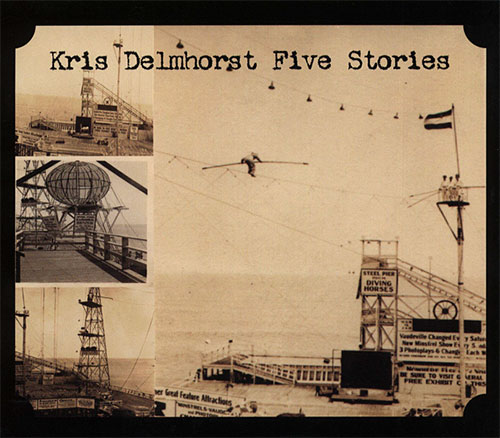
So, how can one of the best albums of 2002 be something that was released in 2001? Like I said, I’m a little slow. I’m not sure how I missed Kris Delmhorst for as long as I did. I’m pretty familiar with the folks in the Boston folk scene, but somehow, even though Patty Larkin and Jennifer Kimball sang backup on her debut album (and JK sings backup on this one, too), I wasn’t even aware of her existence until halfway through 2002. That just goes to show you how much I know…
There is some really beautiful stuff here. Take this from “Damn Love Songs”:
How can I carve your name in the trunk of a tree that’ll be here long after we’re gone?
I can’t even write it in the steam on the mirror.
And with nobody listening, not even myself, it’s as much as I can do
To whisper those words in your ear.After all of these years, look at me here
With this love song stuck in my throat.
Got the weight of the world and there’s not too much else I can hold.
Even taken out of the context of the music, her lyrics are fantastic. She has a real gift for melody, she’s got a great voice, her guitar playing is rock-solid (all the more impressive since she only started playing the blasted instrument six years ago), and the album’s production is pitch-perfect.
I really love it when I discover new artists. I only wish I’d discovered her sooner.
Best Songs On The Album:
- Damn Love Song
- Words Fail You
- Just What I Meant
#4. Coldplay: A Rush of Blood to the Head

This is the kind of album Radiohead would be putting out if they hadn’t become Navel-Gazing Robots of Electronica. This is brilliant, well-crafted rock-and-roll. 10,000 Gwyneth Paltrows can’t be wrong.
Best Songs On The Album:
- Amsterdam
- God Put A Smile Upon Your Face
- The Scientist
#5. Martin Sexton: Live Wide Open
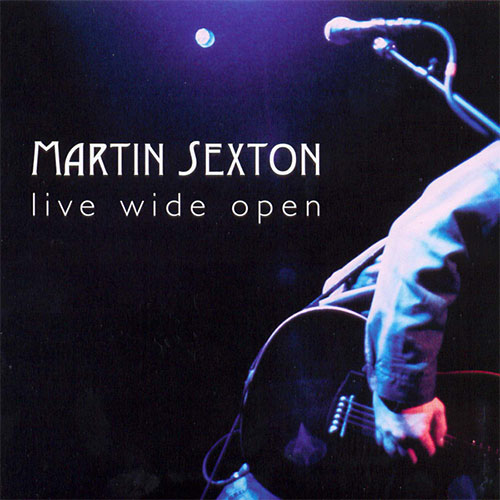
I’ll have a chance to see him again, live at the Zephyr Club, on March 18. I just hope it’s a more pleasant experience than last time.
Best Songs On The Album:
- In The Journey
- Freedom of the Road
- Black Sheep (All nine minutes of it…)
#6. Elvis Costello: When I Was Cruel
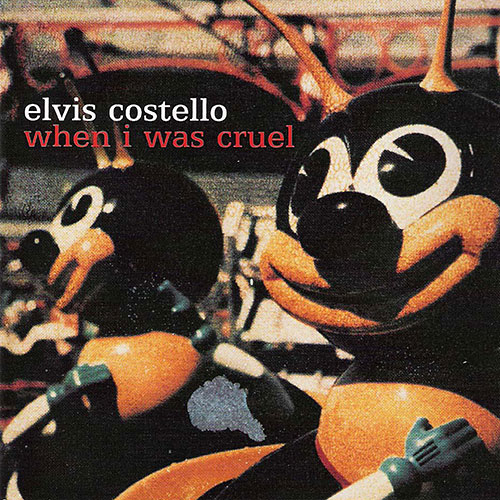
This album proves that Elvis Costello is the exception to the rule that, with time, all great artists just become caricatures of themselves.
Best Songs On The Album:
- When I Was Cruel No. 2
- Alibi
- 15 Petals
#7. Nickel Creek: This Side
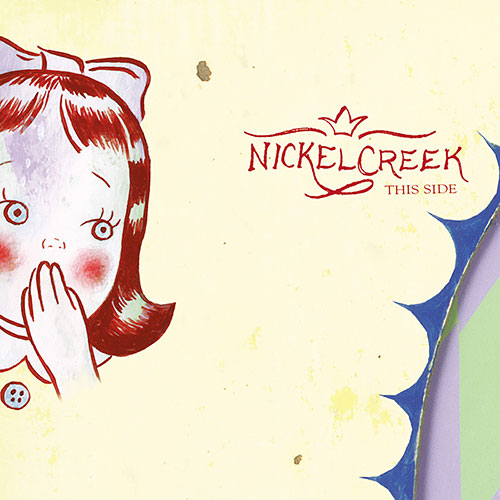
A word of advice: Always put out a crappy debut album. It makes any follow-up that much more impressive.
Nickel Creek had the unenviable task of coming up with something to top their stunning self-titled debut…and they came close. Not quite, but close. Rather than just doing more of the same traditional bluegrass that they do so well, “This Side” is all over the genre map, from a reworking of Pavement’s “Spit on a Stranger” (easily better than the original), to the funky/poppy/bluegrassy title track.
Some of it works, some of it kinda works, but it’s fun listening to the kids playing with new ideas and styles when they could have just repeated themselves for the next ten years without anyone complaining.
Best Songs On The Album:
- Spit on a Stranger
- Should Have Known Better
- This Side
#8. Patty Griffin: 1000 Kisses
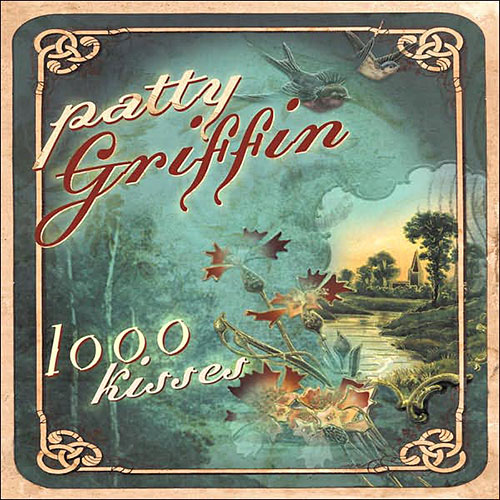
Personally, I loved Flaming Red, but for some folks it was too much of an ear-popping altitude adjustment from Living with Ghosts. Those people will be happy to hear that Patty seems to have recovered from being possessed by Melissa Etheridge with little or no residual effects.
And “Nobody’s Crying” may be one of the most beautiful songs you’ll ever hear.
Best Songs On The Album:
- Nobody’s Crying
- Stolen Cars
- Making Pies
#9. Badly Drawn Boy: About A Boy
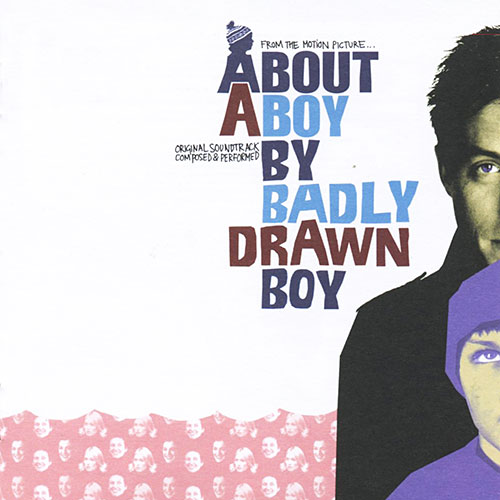
A warm, witty, and charming soundtrack from a warm, witty, and charming film. It’s just a genuine pleasure to listen to.
Best Songs On The Album:
- Something to Talk About
- Above You, Below Me
- River, Sea, Ocean
#10. Dixie Chicks: Home
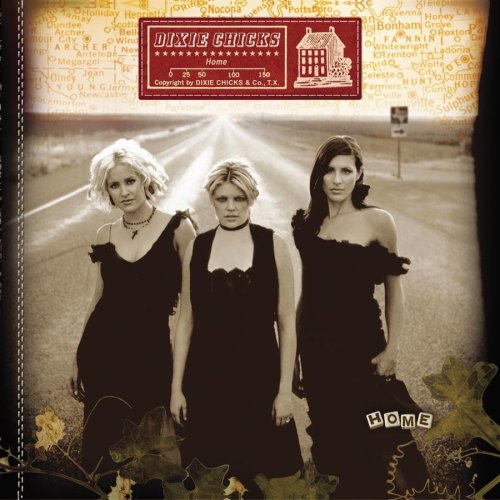
Their music becomes more rootsy even as they become more slick and glamorous. Something’s gotta give but, until it does, enjoy the music.
Best Songs On The Album:
- White Trash Wedding
- Long Time Gone
- Travelin’ Soldier
